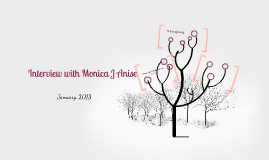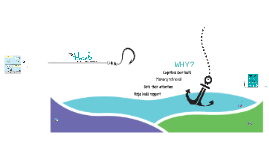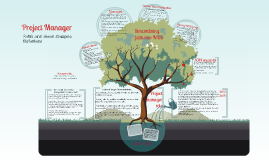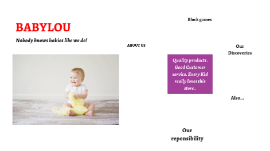Presentation for interview
Transcript: Streamlining faith into NUS In 2013-14 we want to build on the success we’ve had over the past three years by continuing to support unions to implement the Hate Speech Guidance and develop the work that supports this including working to reduce discrimination and harassment; hate crime; sharing best practice; and increasing knowledge and understanding of the needs of students of faith, as well as increasing inter faith engagement. This will be done by: - Ensuring SUs are equipped to manage their responsibilities under charity legislation and able to implement the guidance on external speakers - Tackling student-targeted hate crime on campus and (far right) extremism in local communities - Improving the experiences of students’ of faith in further and higher education - Two research projects - Equality Act 2010 - Increased Islamophobia and Anti-Semitism - Increase in hate crime - Rise of the Far Right - Northern Ireland conflict escalating - International conflicts ongoing e.g. Israel/Palestine - PREVENT agenda has broadened but perceptions of it have not, though homegrown Islamic extremism is still defined as the biggest threat to the UK - an end to being funded from BIS and the Home Office's Preventing Violent Extremism budget - Students' Unions being awarded for their efforts to establish and maintain good campus relations - NUS/self funded project - a more inclusive and representative NUS - One Campus, Many Communities - creating a positive message on campus about pro-multiculturalism and diversity, not just faith - Challenge the rhetoric around International Students - Reconciling LGBT equalities and R&B equalities - Gender equality and Women's Rights - Increase representation in SUs and wider society - Hate crime, discrimination and harassment reporting - Hate Speech an implemented procedure not a political policy - Conflict resolution programme in partnership with external organisations Faith and Good Campus Relations Leadership through enthusiasm Action Orientated Innovator Internal NUS Group - Student involvement in the development of the project: Greater consultation on what their needs are and what wider outcomes they wish to see. - Knowledge of the volume of work currently happening in both the further and higher education sectors: There are institutions doing this work, often with the help of external organisations, who are not in contact with NUS about their work or being recognised for it. - Identify further best practice: Catalogue resources and search for examples of best practice through surveying Unions and their current practice. The NUS project was developed in response to a variety of concerns significant at the time it was framed, such as concerns about possible ‘radicalisation’ of students at further and higher education institutions. In addition, there was a need to respond to issues and challenges students’ unions and students of faith were experiencing including how to increase engagement with faith groups and respond to issues of discrimination, and sporadic tensions between different groups on campus, as well as nationally for example tensions between UJS and FOSIS Community Cohesion Management Style 2014 onwards - Understanding the complexity of faith and interfaith relations on campus. - Dealing with the political sensitivity around certain issues the project is concerned with. - Maintaining relationships with student faith groups and developing these with those less engaged with us. - Keeping up to date with the work currently happening with regards to interfaith relations in other sectors. Students' Union Quality Mark Liberation - London is the most religiously diverse region of the UK with the highest proportion of Muslims, Buddhists, Hindus and Jews (ONS - 2011 Census) - 38% staff identify as having a religion but only 3% are non- Christian (NUS Staff Survey 2012) - Less than 10% staff are 'Black' (NUS Staff Survey 2012) - NUS seeks Investors in Diversity Award (NUS People Strategy 2011-2014) - Religious Diversity and Anti-Discrimination Training for staff in all offices - Visits to places of worship - Informal learning through 'Shared experience' sessions looking at rites of passage staff undergo - Quiet space (which can also be used as prayer space) in the new NUS HQ building Current Climate 2009-2012 Project manager role 2013-2014 Since 2009, with funding from the Department for Business, Innovation and Skills (DBIS), NUS has taken a clear leadership role in delivering its responsibilities of supporting students’ unions to: - Understand the risks posed by some external speakers and how to mitigate against these risks - Understand their responsibilities in relation to the Prevent agenda - Respond to tensions between different student faith groups - Support student faith groups negotiate for improved services and gain acknowledgement from their institutions of their specific needs (particularly in relation to changing equality legislation), and - Increase interaction,

















